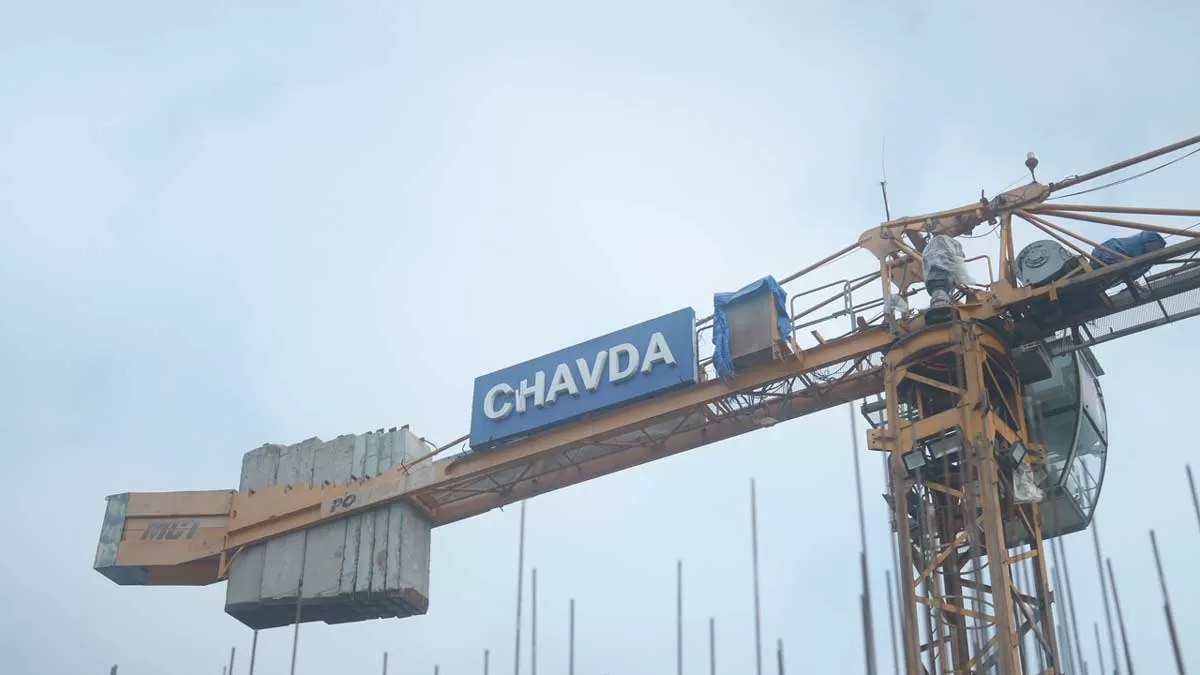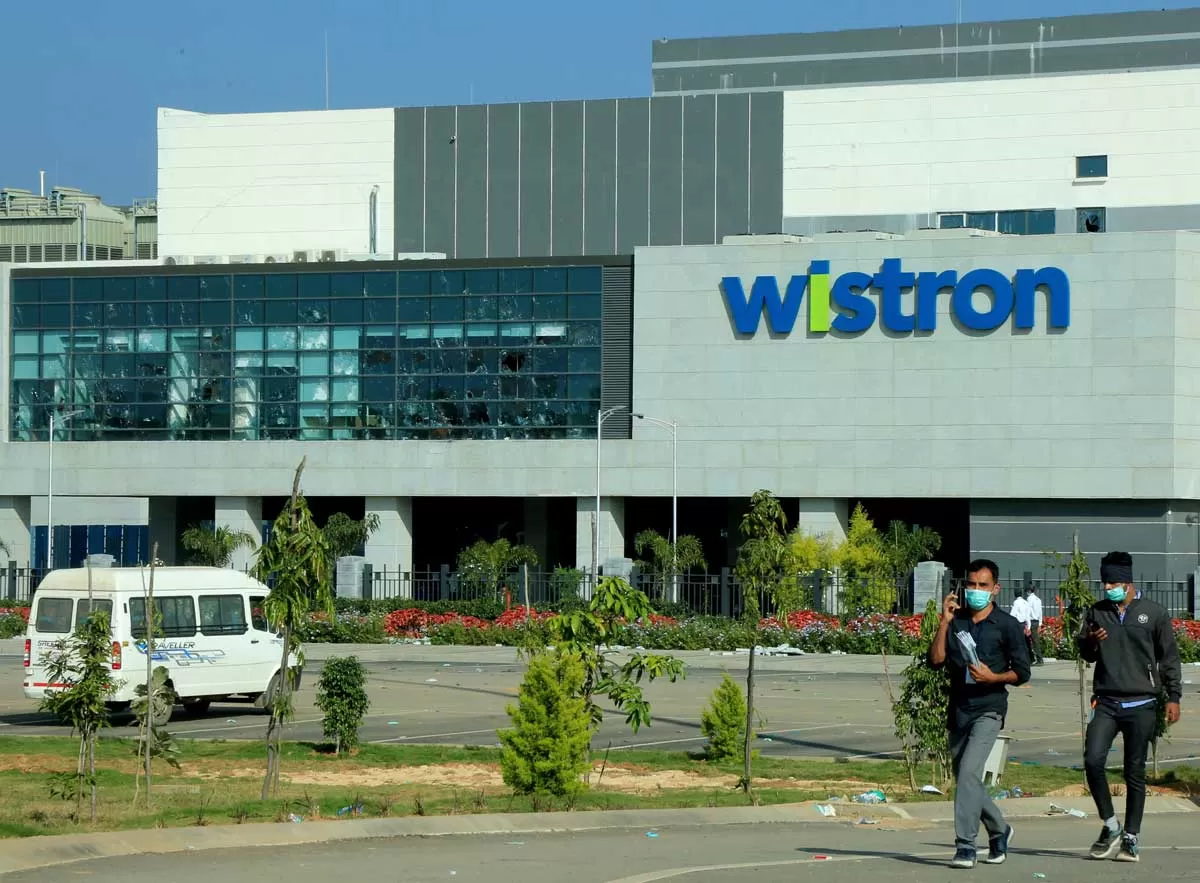Is the government doing enough to handle the COVID-19 crisis?

Chavda Infra Bags Rs 720.75 Mn Project to Expand in Ahmedabad
Chavda Infra has secured a contract worth Rs 720.75 million (excluding taxes) from Nirma for the development of a commercial project named “Corporate House – Nirma” in Ahmedabad. The project will be situated in the prime commercial locality of Bodakdev and involves extensive civil work including RCC, masonry, plastering, and other structural components for the construction of a high-end commercial building. This project marks a significant addition to Chavda Infra’s growing portfolio in Gujarat, a region witnessing rapid growth in both commercial infrastructure and real estate developm..

Govt Clears Cable Car Project Across Thamarassery Pass
The Kerala State Industrial Development Corporation (KSIDC) has received state government approval for the long-pending cable car project across the Thamarassery Ghat road, bringing renewed optimism to tourism stakeholders in the Malabar region. The project will be implemented by Western Ghats Development (WGDL), a company backed by shareholders under the leadership of the Wayanad Chamber of Commerce (WCC). Estimated at Rs 1 billion, the cable car project has been in the pipeline for over eight years. It will span 3.5 km between Adivaram and Lakkidi, connecting Wayanad and Kozhikode districts..

Wistron Selects Shapoorji Pallonji to Build Bengaluru Laptop Plant
Taiwanese electronics giant Wistron has appointed engineering and construction firm Shapoorji Pallonji to develop its new laptop manufacturing facility in Bengaluru. The facility is part of Wistron’s Rs 15-billion investment plan in India, being executed through its subsidiary, ICT Service Management Solutions (ICT). The construction contract, reportedly valued at around $30 million, marks a significant step in the implementation of the project. In February 2024, Wistron signed a memorandum of understanding (MoU) with the Karnataka government to set up the laptop manufacturing plant. The go..














